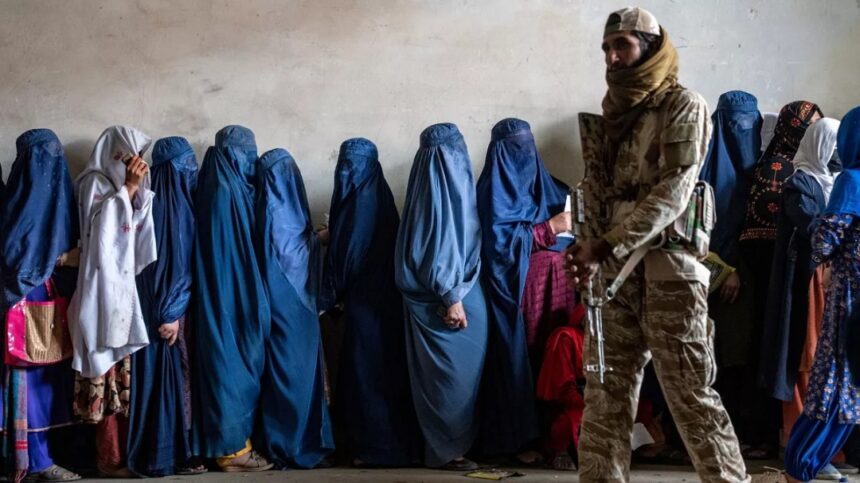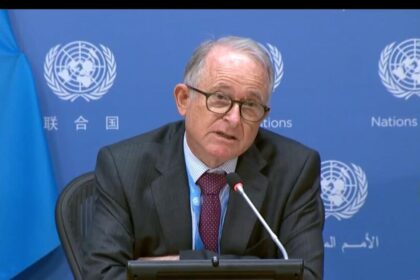RASC News Agency: The United Nations High Commissioner for Refugees (UNHCR) has warned that the Taliban’s policies have erected “systematic barriers” to education, healthcare, and livelihood opportunities, further entrenching the marginalization of Afghanistani women and girls. According to UN statistics, more than 6.3 million people in Afghanistan remain displaced, with many forced to relocate multiple times due to war, poverty, and insecurity. In recent months, the pace of Afghanistani refugee returns from neighboring countries has accelerated dramatically. Since the beginning of 2024, over 3.4 million Afghanistani citizens have repatriated from Iran, Pakistan, and Turkey. This mass return is unfolding against the backdrop of a country grappling with severe shortages of food, healthcare facilities, and employment opportunities.
The UN has voiced deep concern that many returnees not only lack adequate shelter but also face immense challenges in securing their most basic necessities. Concurrently, conditions in informal settlements across Afghanistan cities have deteriorated, raising alarm among humanitarian organizations. Reports indicate that Taliban authorities have introduced policies aimed at relocating displaced individuals, a move that could lead to their mass expulsion from these areas. The UN further highlights that many Afghanistani families, uprooted by years of conflict and instability, are now living in camps and marginalized communities. However, pressure on these vulnerable groups is mounting, as they remain under the constant threat of forced eviction.
A critical challenge compounding Afghanistan’s crisis is the stringent restrictions on humanitarian aid delivery. Relief organizations report that bureaucratic hurdles, excessive oversight, and imposed limitations have severely hindered their ability to provide assistance across vast regions. As a result, the UN warns that these obstacles are preventing those in urgent need from accessing essential aid including food, clean water, medicine, and healthcare services in a timely manner. International organizations have urged the global community to scale up financial and humanitarian support to curb the escalating crisis. However, without the removal of existing restrictions and the adoption of practical solutions to improve conditions, Afghanistan is on a trajectory toward even greater humanitarian catastrophe in the coming years.






